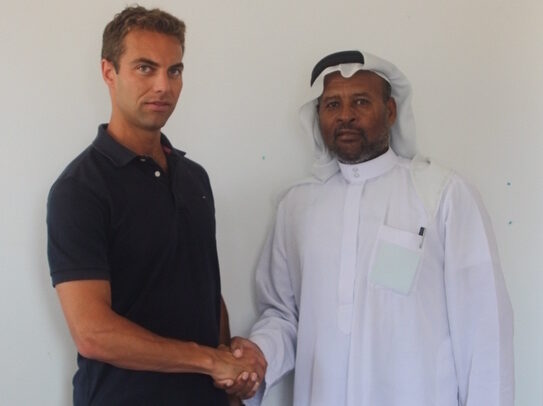
In 2015, Björn joined the French Institute for Middle East Studies in Amman as a Postdoctoral Research Fellow. In addition to his ongoing research on Israeli and Palestinian politics, the year in Jordan will include field research for a new research project, titled ‘Peacemaking Politics: Sulha and the negotiation of justice in Gaza and the West Bank. This project is a cross-case analysis of how customary dispute resolution (CDR) is practised in the two political contexts of Gaza and the West Bank; how CDR venues and techniques have developed; and how CDR links to the formal processes of governance.
In the context of this research, ‘peacemaking politics’ is understood as a social scientific phenomenon situated at the intersection of religion, customs and domestic politics. The phenomenon has arisen in societies which have experienced varying levels of state authority and during these periods have fostered strong traditions of customary dispute resolution as means to handle social conflicts – in the absence of a working (state) judicial system. In the Levant, particularly, these advanced customary mechanisms for handling disputes between members of the community, redressing wrongs and restoring the social balance between individuals and families have lingered and remained in use by the people living there.
Gradually, as several Levantine states have grown stronger and attempted to reclaim their authority and administration over society, they have particularly experienced difficulties in restoring their monopoly within the judicial field. An initial reaction from these states has then often been to illegalise all forms and streams of informal justice-making, considering them as a threat to their authority. Eventually, though, the states have experienced that the popular reliance on and deeply entrenched trust in the informal institutions have been difficult to compete with. Struggling to increase the reach of and to consolidate their power, several states have rethought their strategies for how to wield their authority more efficiently. A common shift of strategy that has been observed among several of them has been to re-allow informal justice-making to be practised in parallel with the formal system. These states have then instead opted for increased control and influence over the informal judicial institutions.
Project reports and article publications will be posted on this website.
Read more:


